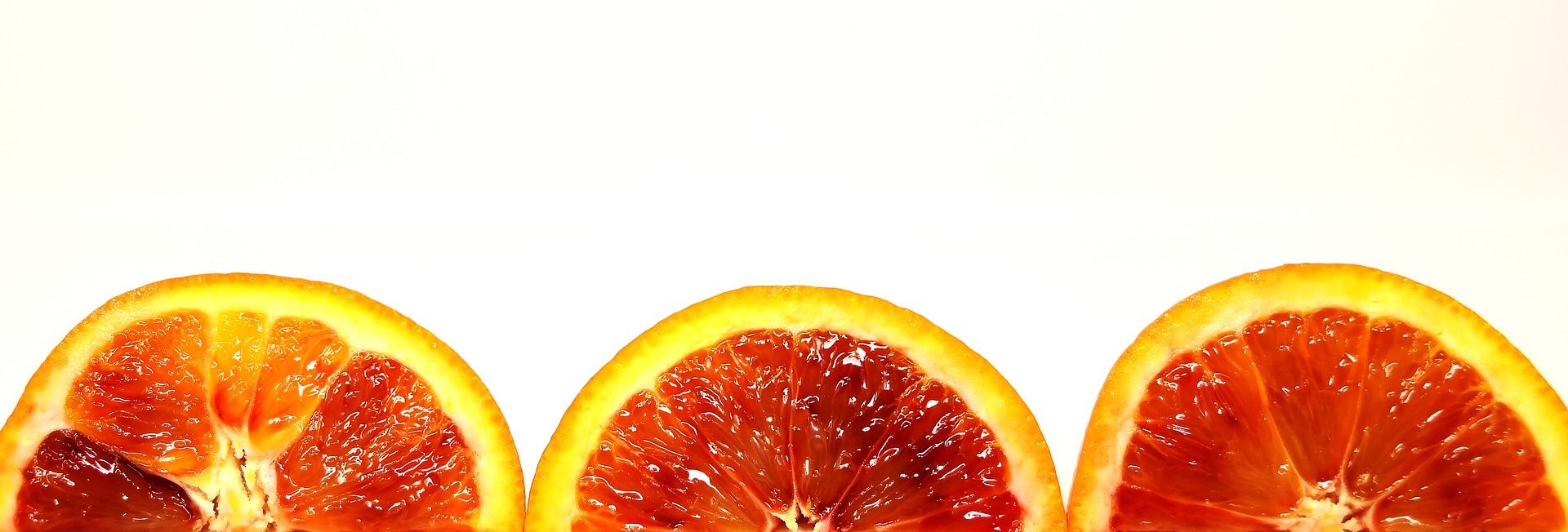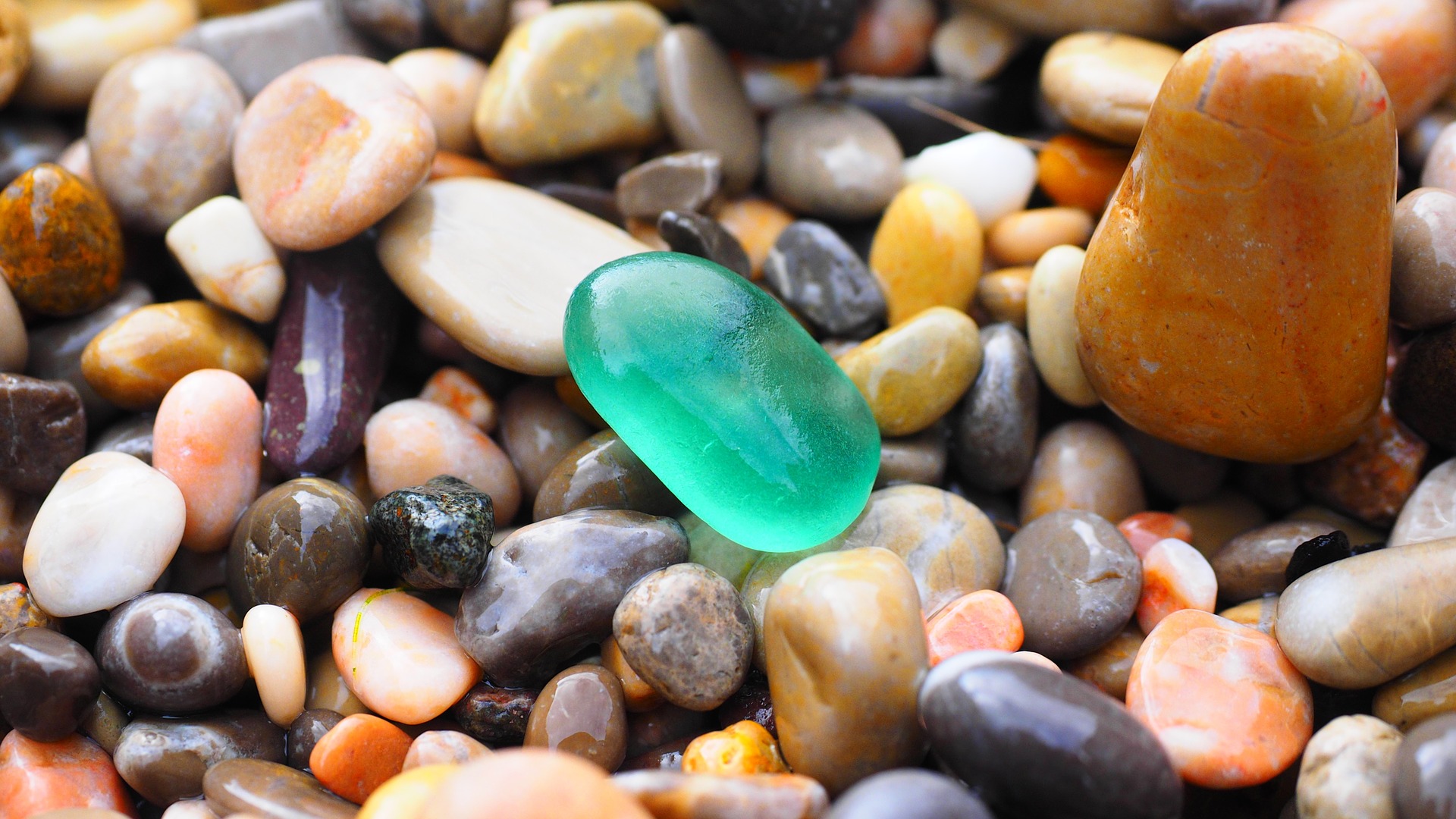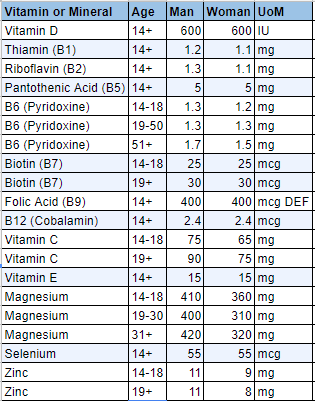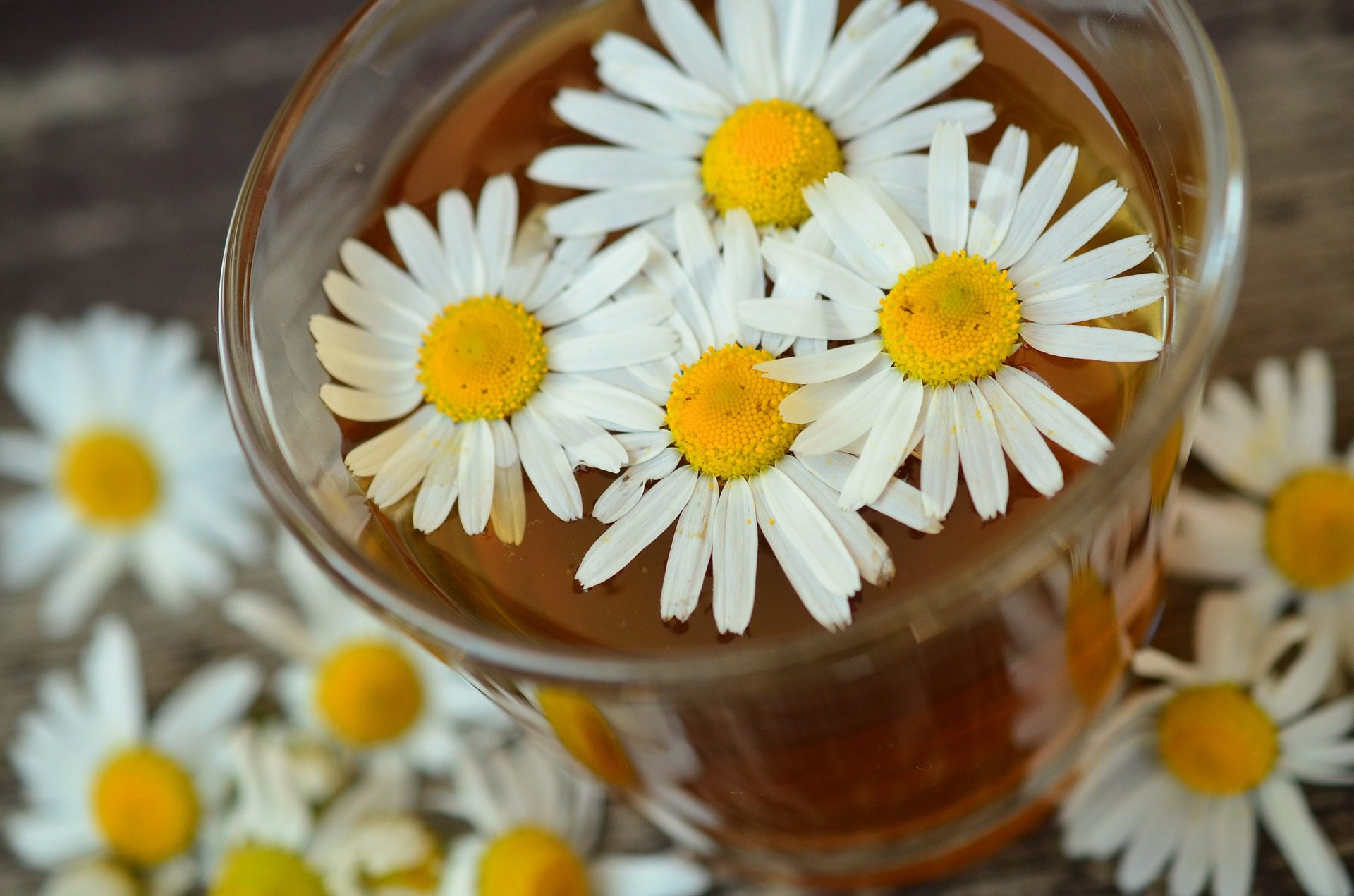
You know those fancy cars that require premium fuel so the engine runs smoothly? Well, your body IS that fancy car.
What you put in your body matters. Brain vitamins and minerals help your brain function properly and enhance it’s signaling. Nutrients are the premium fuel that your body needs to carry out the laundry list of tasks it tackles 24 hours a day.
Each of our bodies is different and imbalances can arise from all angles. These imbalances can affect mood, energy, stress and anxiety levels.
Scientists have nailed down the importance of vitamins and minerals in the brain and body. These critical nutrients are a great tool that can be used to help level out brain chemicals that may be out of whack.
It may surprise you how adjusting your diet or adding a supplement to your daily routine can help shrink your anxiety to a more manageable size.
First, you need to know what vitamins you may be missing. Knowledge is power so in this article we will cover all the basics of the brain vitamins and minerals you may be running low on.
If you want an outline to keep with you for reference whenever you need, download this guide.

Vitamins for Anxiety
Vitamins are micronutrients, which means you only need them in small amounts to work their magic.
If you think deficiencies only occur in countries with limited access to proper nutrition…think again. Vitamin deficiencies are common in the US with around 41.6% of people having a vitamin D deficiency and upwards of 80% of minorities.
Many modern food processes strip out nutrients from the food we eat. Elements, like light, also break down vitamins, which can add to the possibility of deficiencies. Lucky for us, it is pretty easy to reverse this issue by eating the right foods and/or taking supplements.
1. Vitamin D
Have you ever spent time in the sun and felt calmer? This may be because our bodies biologically need one form of vitamin D from the sun.
Vitamin D deficiencies are becoming a global crisis with over 1 billion people living with low levels. The modern world has many of us indoors for the majority of the day, therefore we don’t absorb much vitamin D from the sun. It is also difficult to get enough from food sources alone.
Symptoms of inadequate vitamin D are pretty generic, like fatigue and depressed mood, which causes low levels to often be overlooked.
For this calming vitamin, the free option is to get outside as much as possible. A supplement is an additional method to be sure you are getting adequate levels.
2. Vitamin B
Vitamin B can get complicated since there are eight different B vitamins. They include B1 (thiamin), B2 (Riboflavin), B3 (Niacin), B5 (Pantothenic acid), B6 (Pyridoxine), B7 (Biotin), B9 (Folate or Folic Acid), and B12 (Cobalamin).
B vitamins are super important when it comes to the brain. They help produce neurochemicals and facilitate signaling between brain cells.
To be sure you get the proper amount of vitamin B for anxiety, consider a B complex vitamin. Most B complex vitamins contain at or above your daily value of all eight brain vitamins.
3. Vitamin C
(Ascorbic acid)
Vitamin C is a powerful antioxidant, which makes it a great vitamin for stress. The term antioxidant simply means it keeps chemicals from combining with oxygen in the brain.
Why does this matter? Allowing too many chemicals to oxidize in the brain causes toxicity and signally issues. This matters for those who suffer from anxiety because oxidative stress causes damage to the nervous system. This damage has recently been linked to anxiety through scientific reviews.
As a water-soluble vitamin, it travels through the body easily and is sourced primarily through fruits and vegetables.
4. Vitamin E
If you’ve heard of vitamin E, you probably know it is great for the skin but it also has other superpowers. As an antioxidant brain vitamin, it helps reduce oxidative stress.
Vitamin E supplementation could benefit lots of people because low levels are common. Food sources of vitamin E include nuts, avocado, leafy greens and most plant oils.

Minerals for Anxiety
Minerals are inorganic substances. What does this mean? It means they come from non-living parts of mother earth, like soil and rocks. Minerals leach out of the earth and into ground water. Plants suck up the water and animals eat the plants. Then they make their way to our tables. Minerals play a role in brain function, help support mood and increase well-being.
1. Magnesium
Low magnesium levels or magnesium deficiency can make anxiety worse. Magnesium contributes to many brain activities, so inadequate levels can induce anxiety. Modern day food processing often strips food of magnesium, which makes low levels fairly common. It is hard to get too much since excess is easily eliminated by the kidneys.
Unless you have a hearty diet filled with lots of beans, nuts and leafy greens, taking a supplement is a good idea . A supplement of magnesium for anxiety may lower the intensity of your anxiety symptoms.
To learn about the best absorbed magnesium supplement type for anxiety and sleep, visit this article.
2. Selenium
Selenium has gained positive attention for its antioxidant properties, which helps reduce damage to the nervous system. This critical mineral is found in food sources like meats, dairy, eggs, beans, grain, and nuts.
Selenium deficiency is not common in North America (unless you are on a vegan diet) but can be in other parts of the world. Be sure you are eating a well-rounded diet and this mineral should take care of itself.
3. Zinc
Zinc is involved in processes that allow the brain to transmit messages smoothly. It also acts as an antioxidant. Promising studies show that low Zinc levels are correlated to symptoms of anxiety. Zinc deficiency can also impair GABA functioning, which is no good if your goal is to lower anxiety.
Some good food sources of zinc are oysters, seafood, and red meat. The usual suspects like beans and nuts also have zinc but in lower concentrations. If you are a vegetarian, supplementation may be a good thing to explore.
Vitamin and Mineral Dosage Chart
You can download the complete dosage guide here.

*Alternate UoM: Vitamin D = 15 mcg and Vitamin E = 22.4 IU*
*Recommended Daily Value found on NIH Office of Dietary Supplements*
To Sum it all Up…
The exact role vitamins and minerals play in anxiety may not be solidified but their role in the brain is. If you’re asking me, I want a fully charged superpower brain to take on my anxiety. I want premium gas pumping through my veins so everything is in line when shit hits the fan. You deserve the exact same thing for yourself.
Brain vitamins and minerals tend to be inexpensive. You can also make actions that are completely free, like getting outside more and adjusting your diet. If you are still not getting your daily value, supplements are a great option. This is a wonderful starting point for naturally minimizing the role anxiety plays in your life.




[…] rocky crust into the groundwater and are sucked up by plants then eaten by animals. One of those minerals is […]